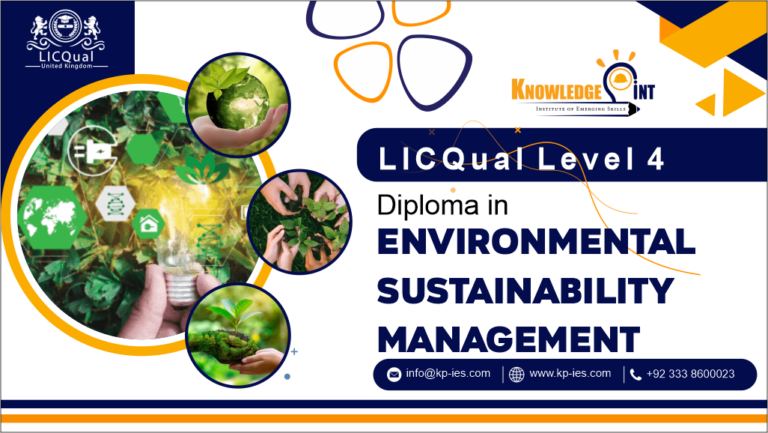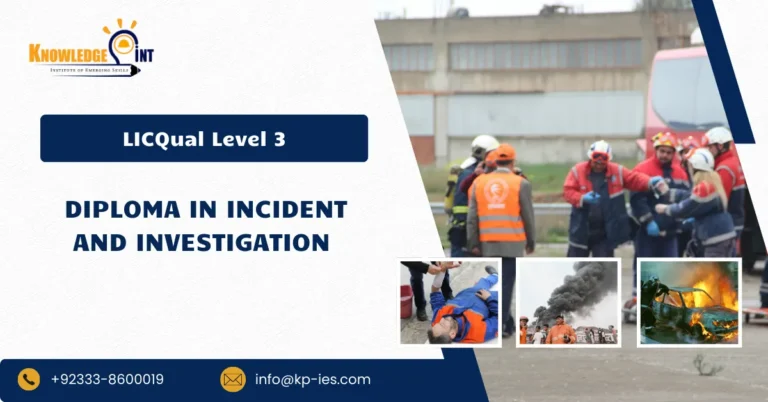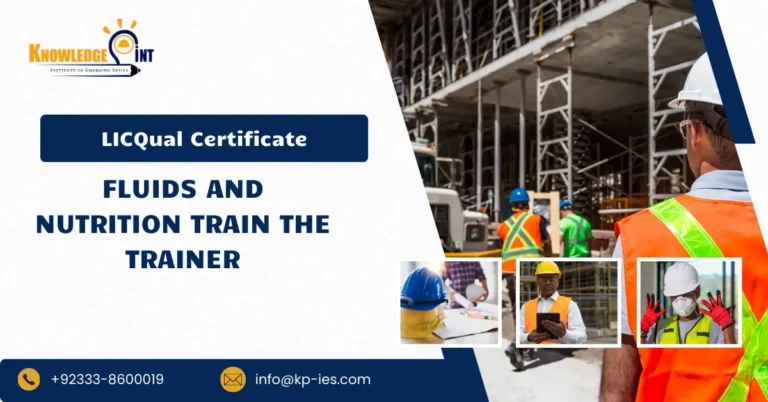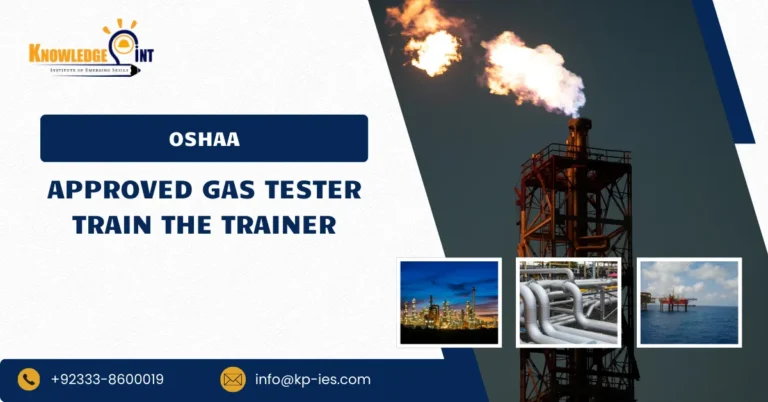Quality is the backbone of every successful civil engineering project, and the LICQual Level 3 Diploma in Civil Quality Control and Quality Assurance (QC/QA) is your gateway to becoming a vital part of that process. This internationally recognized qualification is designed for individuals who want to start or grow their careers in civil construction with a focus on maintaining and managing quality standards.
Through this diploma, you’ll gain a solid understanding of how to monitor and ensure quality in materials, processes, and project execution. You’ll learn the fundamentals of quality control, testing methods, documentation practices, and compliance with engineering standards all of which are essential to meet today’s demanding construction and infrastructure requirements.
What makes this course stand out is its practical approach. You won’t just study theories you’ll be trained to apply QC/QA techniques on site and in real-world scenarios. This includes understanding specifications, inspection tools, safety practices, and how to detect and prevent faults before they impact the final outcome.
Whether you’re new to the field or already working in civil engineering, this qualification opens doors to better job opportunities, promotions, and further academic or technical study. It also sets the foundation for moving into supervisory roles or pursuing advanced qualifications in construction quality management.
Take the next step in your professional journey. Enroll in the LICQual Level 3 Diploma in Civil QC/QA and help shape safe, reliable, and high quality infrastructure for the future.
Course Overview
The LICQual Level 3 Diploma in Civil Quality Control and Quality Assurance (QC/QA) consists of 6 mandatory units which are as follows.
- Introduction to Quality Control and Assurance in Civil Engineering
- Construction Standards and Regulatory Compliance
- Quality Control Processes and Tools
- Material Testing and Inspection
- Risk Management in Quality Assurance
- Project Documentation and Reporting
Learning Outcomes for LICQual Level 3 Diploma in Civil Quality Control and Quality Assurance (QC/QA)
1. Introduction to Quality Control and Assurance in Civil Engineering
- Understand the fundamental concepts of quality control and quality assurance in civil engineering projects.
- Explain the importance of QC/QA in ensuring project success and compliance with standards.
- Identify key roles and responsibilities involved in quality management within civil engineering.
2. Construction Standards and Regulatory Compliance
- Recognize the main construction standards and regulations applicable to civil engineering projects.
- Apply regulatory requirements to ensure project activities meet legal and industry standards.
- Understand the consequences of non-compliance and how to mitigate associated risks.
3. Quality Control Processes and Tools
- Demonstrate knowledge of different quality control processes used in civil engineering.
- Use common tools and techniques for monitoring and inspecting quality throughout construction.
- Analyze quality control data to identify trends and areas for improvement.
4. Material Testing and Inspection
- Understand the principles and methods of testing construction materials for quality assurance.
- Perform basic inspection procedures for materials used in civil engineering projects.
- Evaluate test results and determine whether materials meet required standards and specifications.
5. Risk Management in Quality Assurance
- Identify potential risks affecting quality in civil engineering projects.
- Implement risk management strategies to minimize impact on project quality.
- Monitor and review risk controls to ensure continuous improvement in quality assurance.
6. Project Documentation and Reporting
- Prepare accurate and detailed quality control documentation and reports.
- Understand the importance of maintaining proper records for audits and compliance.
- Communicate quality findings effectively to stakeholders and project teams.
Course Benefits of LICQual Level 3 Diploma in Civil Quality Control and Quality Assurance (QC/QA)
Here are the key benefits of the LICQual Level 3 Diploma in Civil Quality Control and Quality Assurance (QC/QA) course:
- Gain a strong foundation in quality control and assurance principles specific to civil engineering projects.
- Learn to apply industry standards and regulatory requirements effectively, ensuring compliance and safety.
- Develop practical skills in material testing, inspection, and use of quality control tools that can be applied directly on construction sites.
- Build the ability to identify and manage risks that impact project quality, helping to minimize costly errors and delays.
- Enhance your competency in preparing clear, accurate documentation and reports essential for quality audits and project tracking.
- Improve your employability and open doors to career opportunities in civil construction, project management, and quality assurance roles.
- Prepare for further study or professional development in civil engineering, construction management, or related quality control fields.
- Gain confidence to contribute effectively to quality assurance teams and support continuous improvement within organizations.
Future Progression After Completing the LICQual Level 3 Diploma in Civil Quality Control and Quality Assurance (QC/QA):
Industry Certifications and Skills Training
This qualification strengthens your eligibility to pursue specialized certifications like Non-Destructive Testing (NDT), Health and Safety (e.g., IOSH, NEBOSH), or Quality Inspection programs offered by industry training providers.
Career Growth in Technical Roles
With this diploma, you can explore junior-level or technician roles in civil quality control, construction inspection, or quality documentation. It can also help build experience for future supervisory roles.
Further Study with Training Providers or Private Institutions
Many training institutes and professional bodies recognize such qualifications as suitable preparation for higher-level vocational programs or continuous professional development (CPD) courses.
Build Practical Experience for Recognition of Prior Learning (RPL)
Over time, you may be eligible to convert your learning and work experience into formal recognition through RPL schemes with vocational awarding bodies or institutions in some countries.







